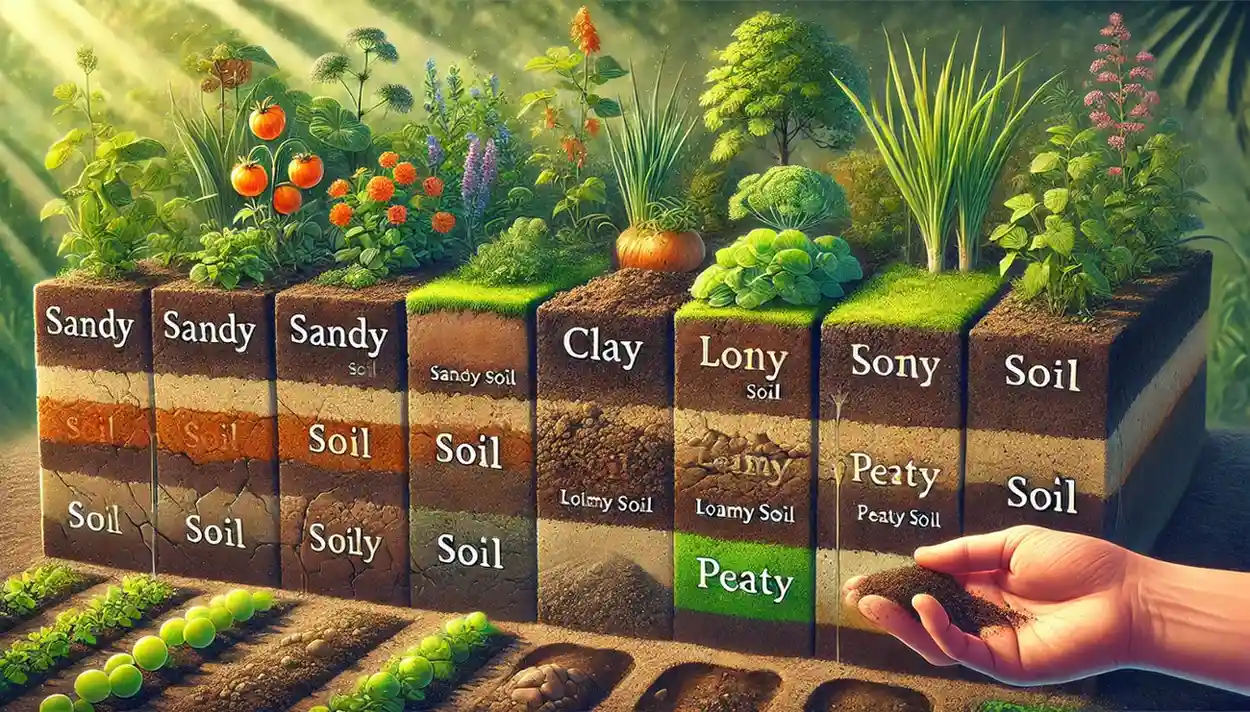Choosing the right soil is one of the most important steps in ensuring healthy plant growth. Whether you are growing vegetables, flowers, or houseplants, the quality of soil directly impacts their health, yield, and longevity. But with so many options available, how do you know which one is right? Here’s everything you need to know before you buy soil for plants to make the best choice.
Understanding the Importance of Quality Soil
Soil is not dirt; it is an ecosystem that gives plants all the nutrients, moisture, and foundation they need to thrive. If the soil is low-quality, then nutrient absorption will become a problem and the plant may not grow well. It is essential to understand this soil type before purchasing it for plants.
Types of Soil and Their Applications
When you buy soil for plants, you will come across different types, each with its own set of properties. Understanding these differences will help you make a better decision:
Sandy Soil – Drains quickly but doesn’t retain moisture well. Suitable for succulents and drought-resistant plants.
Clay Soil – Holds water well but drains slowly. Works best for plants that need constant moisture.
Loamy Soil – It is well-balanced soil that contains a good amount of sand, silt, and clay, ideal for most plants.
Silty Soil – The silty soil is very rich in nutrients and retains water well, ideal for a vegetable garden.
Peaty Soil – High content of organic matter, ideal for these plants requiring acidic conditions.
Chalky Soil – Alkaline in nature, rich for flowering plants that thrive at high pH conditions.
Things to Consider Before You Buy Soil for Plants
Type of Plant – The type of plants you are planting will dictate the needs of the soil. Cacti and succulents require well-draining soil, but ferns want moist retainers.
Nutrient content – The organic matter-containing soil will give your crops the necessary nutrients: nitrogen, phosphorus, and potassium.
pH Level – Some plants prefer acidic soil, while others do well in neutral or alkaline soil. Check the pH before buying.
Texture and Drainage – Ensure that the soil allows proper drainage and aeration to prevent root rot.
Organic vs. Non-Organic – Organic soil is free from synthetic chemicals, making it safer for edible plants and environmentally friendly.
Soil Amendments – If the soil lacks nutrients, adding compost, manure, or perlite can enhance its quality.
How to Test Soil Before Buying
Moisture Retention Test – Grab a handful of soil and squeeze it. If it crumbles easily, it may drain too quickly. If it forms a tight ball, it may be too clay-heavy.
pH Test – Use a pH testing kit to check acidity or alkalinity.
Nutrient Test – Purchase a soil testing kit to determine the levels of nitrogen, phosphorus, and potassium.
Where to Buy Soil for Plants
You can buy soil for plants from multiple sources, including:
Local Nurseries – They usually provide high-quality, well-mixed soil suitable for local plant varieties.
Garden Centers – Offer a variety of specialized soil mixes tailored to different plant types.
Online Stores – Buying soil online provides convenience and a wide range of options.
Bulk Suppliers – If you need a large quantity for a farm or garden, purchasing in bulk can be more cost-effective.
BulkAgroChem’s Product Recommendation
At BulkAgroChem, we understand the importance of high-quality soil for plant growth. Our range of organic fertilizers, soil amendments, and plant boosters help improve soil health, ensuring your plants get the best possible start. Whether you need nutrient-rich soil enhancers or organic compost, we have the perfect solution for your gardening and agricultural needs.
For premium soil products and fertilizers, visit BulkAgroChem.com and ensure your plants get the best foundation for growth!




